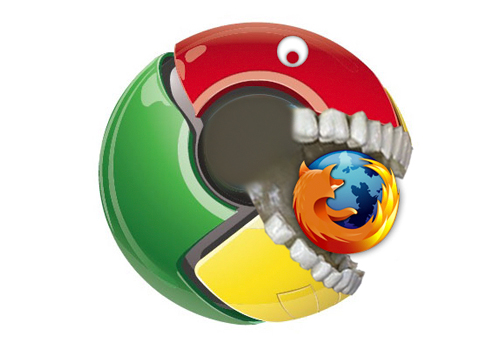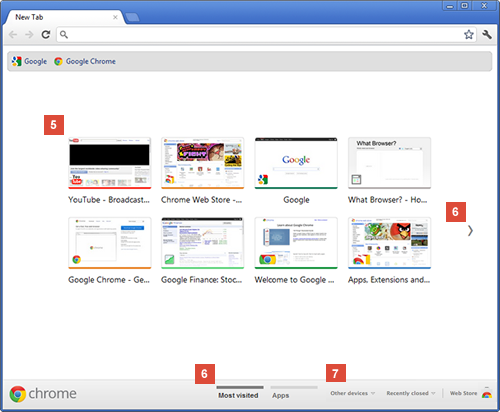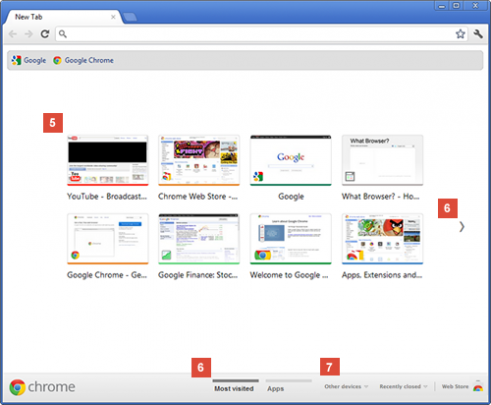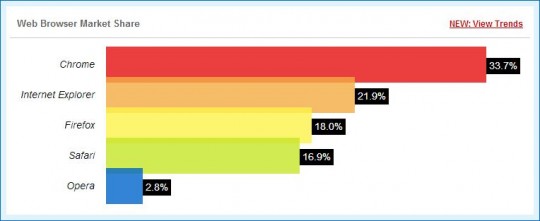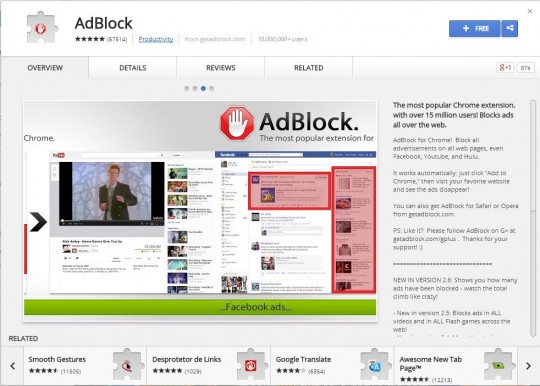
Many people thought Adobe’s Flash would be playing online videos forever. However, it’s now been blocked in the Firefox browser, so is it coming to an end?
Yes, Mozilla – the makers of the popular internet browser Firefox – have announced that as of the latest update (V. 18.0.0.203) they will be automatically blocking Flash from running in their browser. This comes shortly after Google announced that their Chrome browser would automatically be pausing irritating Flash videos.
Things aren’t looking good for Flash, but what are the basics behind this seemingly enforced retirement of a perennial piece of web software?
What is Flash?
Adobe Flash is a design program specially created to design online graphics, create apps and, perhaps most famously, power online videos.
The birth of Flash actually took place during the mid-1990s, but it wasn’t until 2005 that Adobe took control of the software.
And it was around this time that a new generation of exciting web sites hit the internet and ushered in an era known as Web 2.0.
The emerging websites of Web 2.0 were highly innovative and prized usability and user generated content above anything else. And what was powering these amazing websites? It was, of course, Flash.
Problems with Flash
Flash, however, now finds itself in a precarious position where big players in the online arena appear to be trying to force it out of existence.
But why is this? What exactly is Flash struggling to cope with in the modern age?
- Security Issues – Perhaps the biggest nail in Flash’s coffin has been Adobe’s inability to create a safe piece of software. Riddled with security flaws, Adobe has been accused of failing to protect its users from security attacks. Only recently, the Hacking Team spyware company lost a huge 400gb worth of files thanks to a Flash vulnerability.
- The Rise of Mobile Devices – Mobile device internet usage is now outstripping desktop internet usage, but Adobe has failed to adapt to this new digital landscape. Steve Jobs – the godfather of mobile devices – famously refused to accept Flash as part of Apple’s iOS as it was too power hungry, unreliable and constantly crashing.
- HTML5 – What Steve Jobs was backing was a new update of the HTML web programming language called HTML5. And this language was especially designed with mobile devices in mind, so programmers rapidly shifted from the headaches of coding in Flash to HTML5. This is why YouTube, for so long the great backers of Flash, have shifted to HTML5 as their preferred video delivery system.
Is It Game over for Flash?
Mozilla’s dramatic move isn’t actually an outright blocking of Flash. Mark Schmidt of Mozilla has confirmed that this is only a temporary blocking until Adobe can prove that Flash isn’t infested with security bugs.
However, it certainly feels as though Flash is on the ropes with the increasingly powerful HTML5 language outperforming it in almost every area. Maybe it’s time for Adobe to accept that technology has moved on and Flash should be discarded as a relic of times gone by.
For more ways to secure and optimize your business technology, contact your local IT professionals.
Read More






